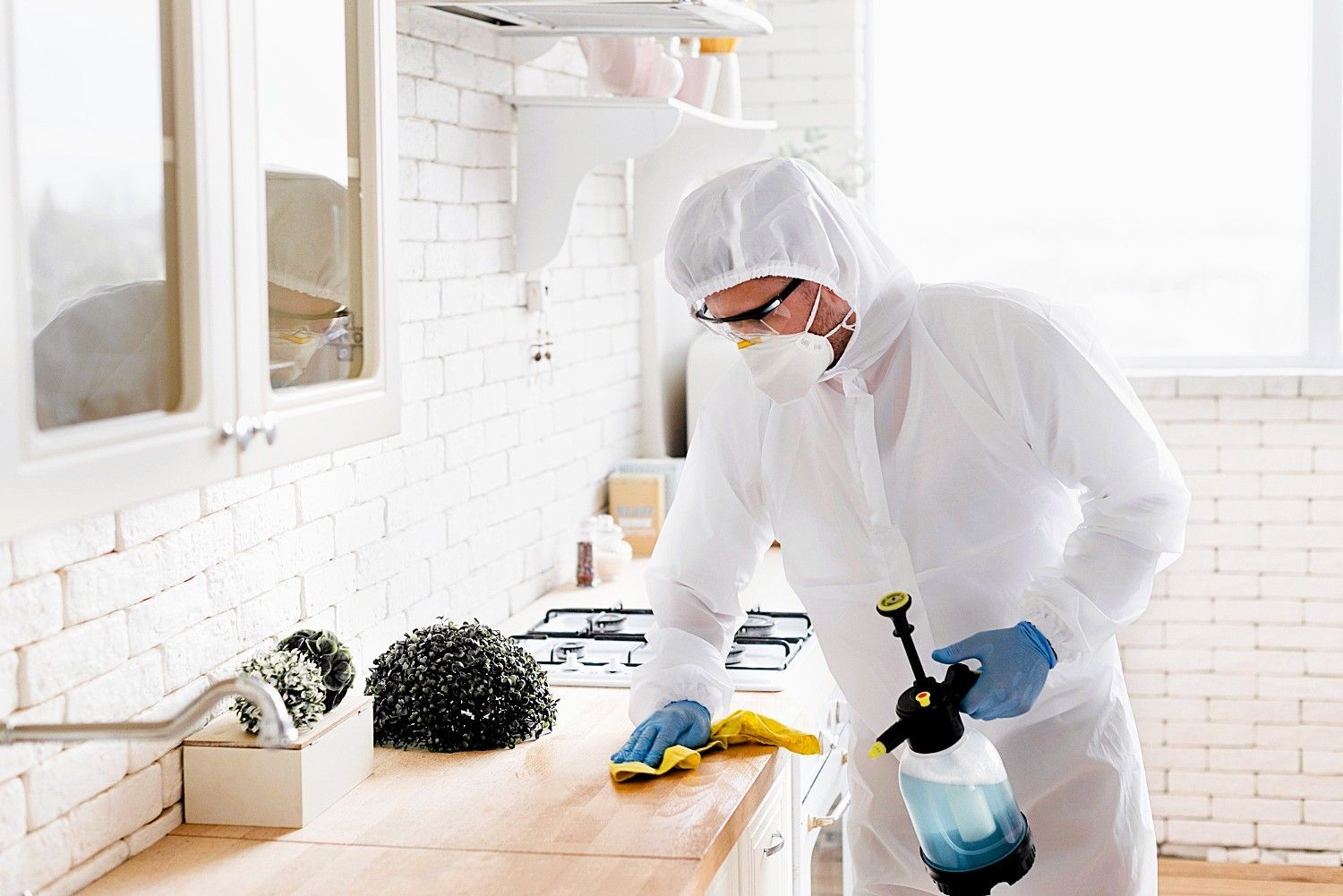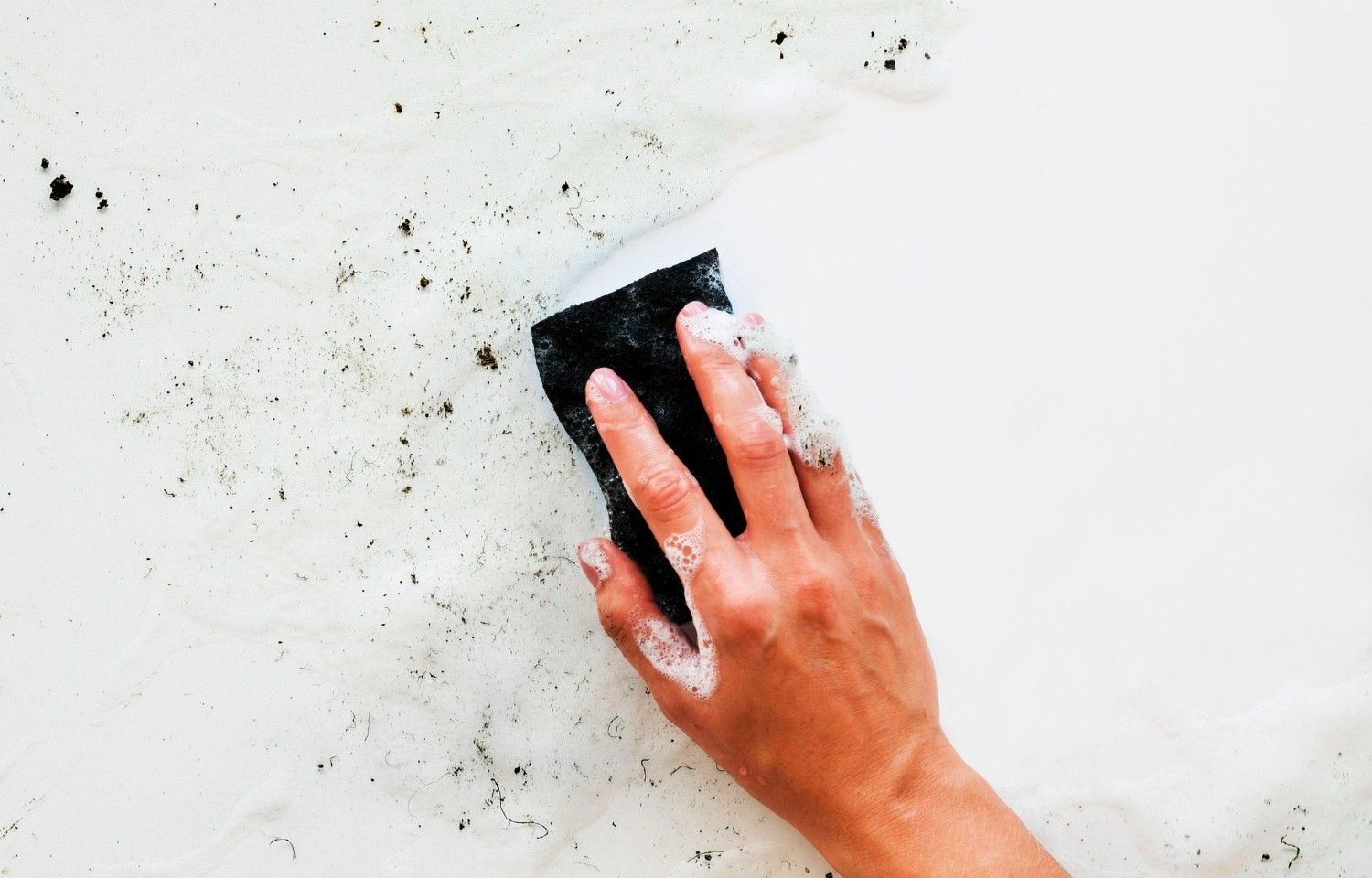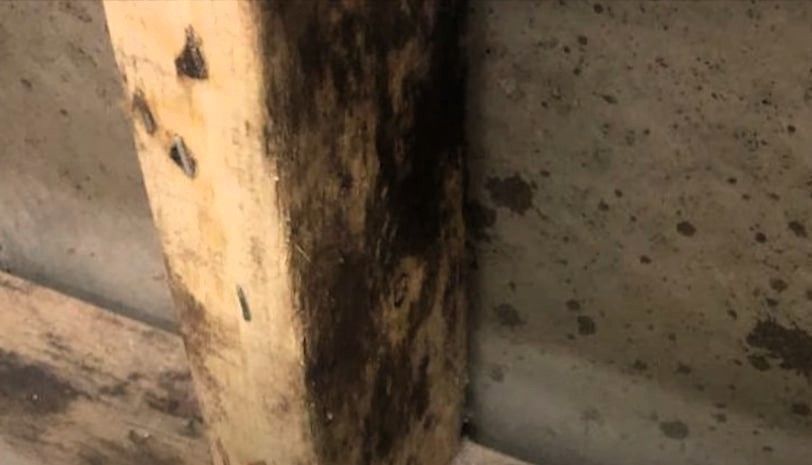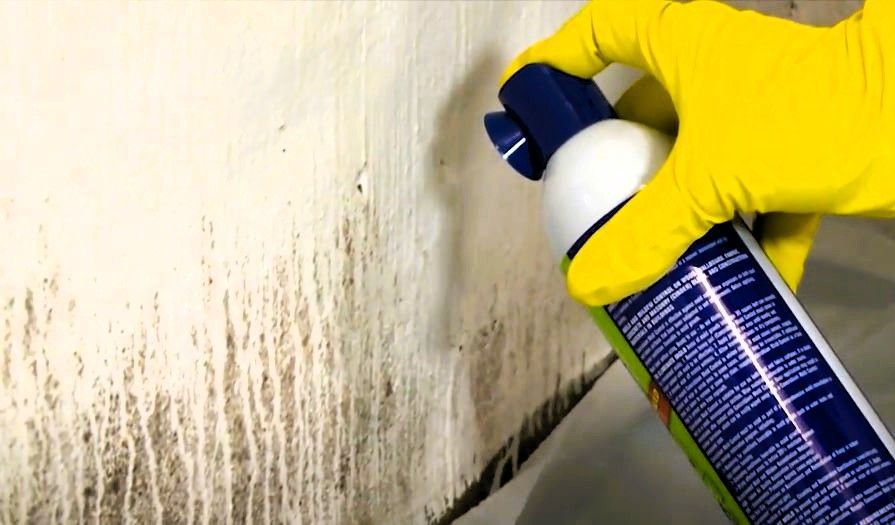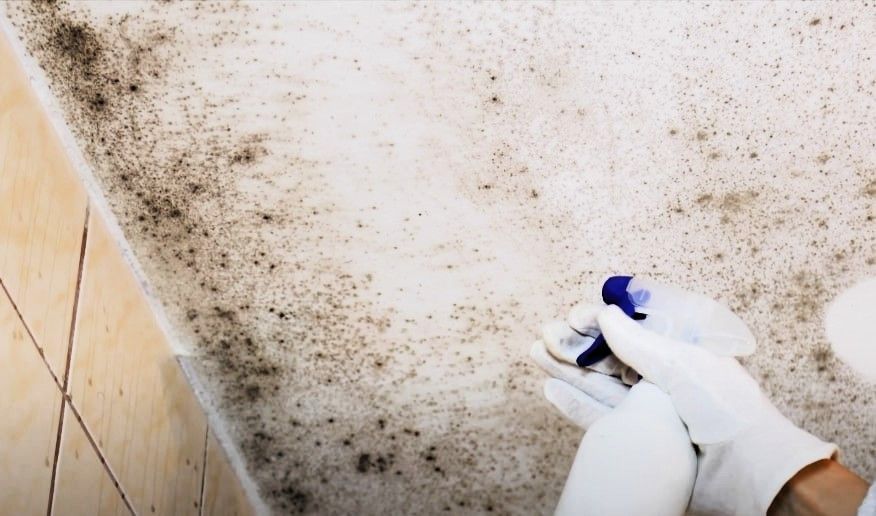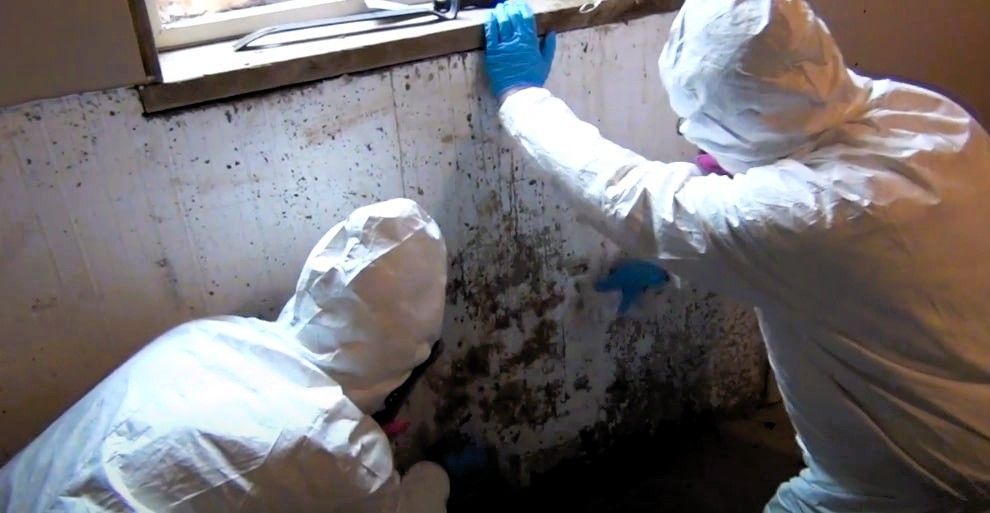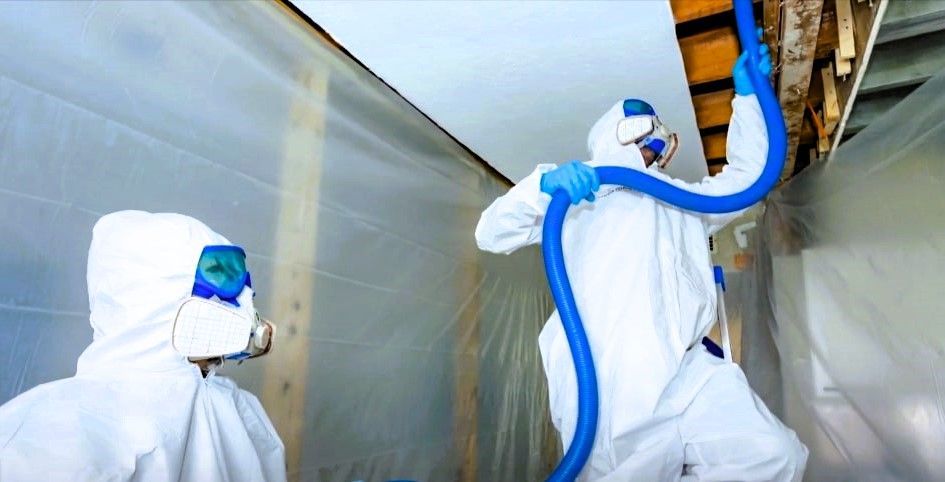Maintaining a Mold-Free Kitchen: A Comprehensive Guide for Homeowners
Keep your kitchen mold-free with these easy tips for homeowners.

Image Source
Mold growth in the kitchen can be a persistent issue, posing health risks and potential damage to your home. To keep your kitchen mold-free, it's crucial to understand the conditions that promote mold and take proactive measures to prevent its growth.
Understanding Mold Triggers
Mold spores thrive in environments with moisture and warmth. In the kitchen, where food supplies and water are abundant, mold can quickly establish colonies. For individuals with respiratory allergies, asthma, or chronic inflammation conditions, the presence of spores and mycotoxins have the potential to cause irritation in the respiratory system.
To prevent mold buildup, homeowners need to be vigilant about potential triggers in the kitchen. Regular maintenance and repairs are essential to addressing issues before they escalate. Keep an eye on surfaces prone to condensation and lingering moisture, as mold and mildew prefer dark, damp environments. Even the smallest water leaks can lead to mold growth, emphasizing the importance of repairing pipe leaks and fixing drainage issues promptly.
Structural Considerations
Beyond surface maintenance, structural aspects of the kitchen should not be overlooked. Ensure that oven hood vents direct outside and check for potential gaps or leaks in ductwork. Even a tiny crack can allow rainwater to infiltrate the kitchen through the ductwork, contributing to mold growth.
Tips for Reducing Mold Risk
- Dispose of Food Promptly: Mold requires nutrients to thrive, and expired foods or stale items create an ideal environment for mold growth. Regularly discard items nearing expiration and leftovers within a day or two to reduce the nutrient base for mold.
- Clean the Refrigerator: Maintain a clean and sanitary refrigerator by routinely disposing of old items, wiping down shelves, and addressing spills promptly.
- Defrost Your Freezer: Excess frost in the freezer can melt, providing moisture for mold growth. Regularly defrost the freezer to prevent mold spores from developing into active colonies.
- Use the Range Hood: Opt for a range hood that vents outside and use it consistently to divert steam produced during cooking away from the kitchen.
- Run and Flush Your Garbage Disposal Daily: Keep the garbage disposal clean by running it daily to flush out potential mold food sources. Flush the drain with hot water and dish soap for 3-5 minutes to prevent odors.
Dealing with Mold
For minor cases of mold, clean with soap and water or a solution of one part bleach to four parts water. Ensure the area is thoroughly dry, and promote airflow with fans or open windows. In the case of significant mold problems, seek professional assistance. Professionals can identify the mold type, provide appropriate removal guidance, and have the necessary equipment and solutions to address the issue without causing further damage.
In conclusion, maintaining a mold-free kitchen requires consistent upkeep and vigilance. By understanding and addressing potential triggers, homeowners can create a safe and healthy kitchen environment for the long term. If you're facing a mold problem,
reach out to our experts at Grand Rapids Mold Relief for assistance and measures to prevent recurrence. Your family's health and the safety of your home are our top priorities.
